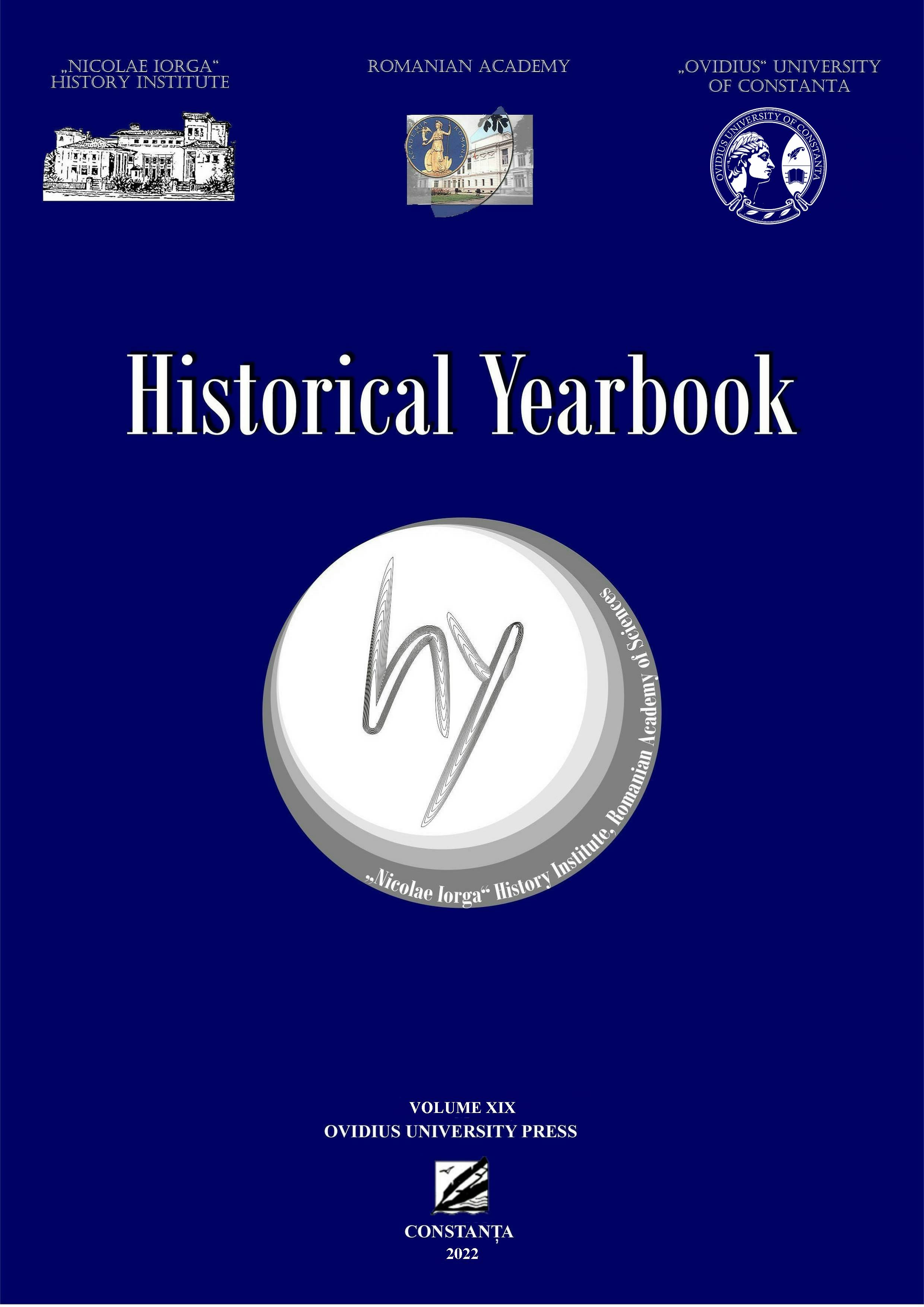YUGOSLAV-ALBANIAN RELATIONS: FROM FRIENDSHIP TO ISUNDERSTANDING
(1945–1953)
YUGOSLAV-ALBANIAN RELATIONS: FROM FRIENDSHIP TO ISUNDERSTANDING
(1945–1953)
Author(s): Mariyana STAMOVASubject(s): History, Political history, Recent History (1900 till today), Government/Political systems, International relations/trade, Post-War period (1950 - 1989)
Published by: Ovidius University Press
Keywords: Albania; Yugoslavia; socialism; Enver Hoxha; Yosip Broz Tito;
Summary/Abstract: After the end of the Second World War, the newly formed Federal People's Republic of Yugoslavia (FPRY), under the leadership of Josip Broz Tito, decided to follow the path of the Soviet Union in foreign and domestic policy. Even the Yugoslav constitution, adopted at the beginning of 1946, was based on the Soviet one of 1936. The countries of the Eastern Bloc, which fell under the influence of the USSR, were looking for ways of mutual coordination and various treaties and agreements have been concluded under the motto of friendship. The so-called "people's democracies" led by Stalin, uniting on an "anti-imperialist basis", created in 1947 the Communist Information Bureau (Cominform), which was to replace the dissolved in 1943 Comintern. This union did not function for long because some of the statesmen did not want a long-term cooperation. Although Yugoslavia was designated as the center of the Comiform, Tito was not satisfied with such a position, because he had ambitions not only in the Balkans, but on a broader basis. He was the first to break off relations with the USSR and the entire Eastern Bloc. However, that break off was only formal, since practically nothing changed in Belgrade's domestic and foreign relations. The FPRY remained loyal to the principles of socialism, and Communist Party of Yugoslavia (CPY) was the only political party that remained intact throughout Tito's rule. For their part, the countries of the Eastern Bloc condemned Yugoslavia and its behavior. Regardless of the fact that in the immediate aftermath of the war, Albania, which found itself facing a new era in its development based on the principles of internationalism had very close relations with the Yugoslav Federation, subsequently turned out to be one of the most aggressive states towards Yugoslavia and its path of socialism. The aim of the Albanian leadership was to prove its loyalty to the Eastern Bloc, although later on it became evident that there was not much sincerity in that policy either.
Journal: HISTORICAL YEARBOOK
- Issue Year: 19/2022
- Issue No: XIX
- Page Range: 157-168
- Page Count: 12
- Language: English
- Content File-PDF

